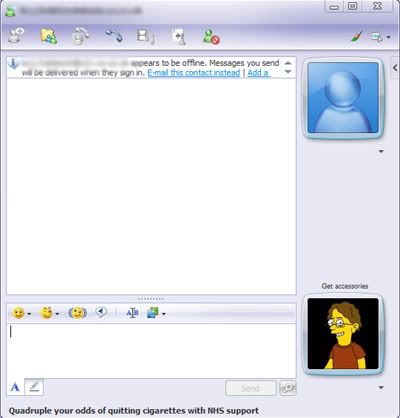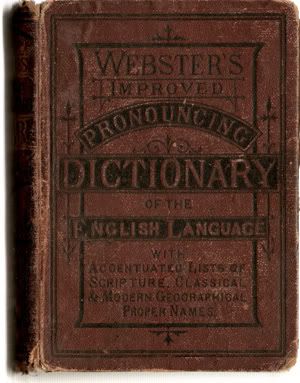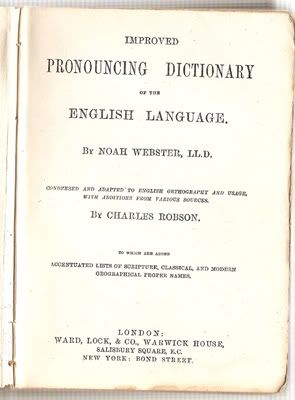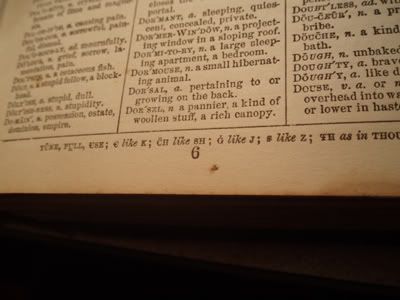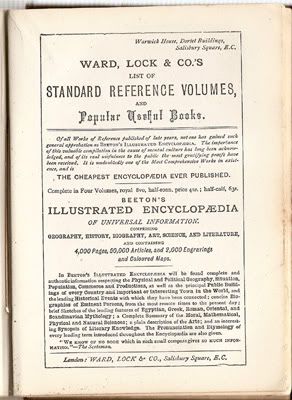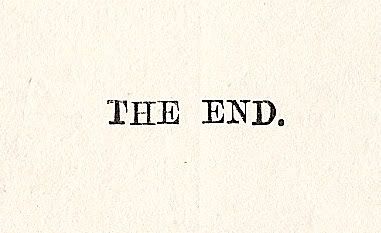There's a fairly major trend within film and TV, among other media, to glorify the concept of the vigilante, the man (or woman) who has to step outside the law to deliver Justice™ to the masses. Just last night, for example, ITV served up the latest US crime drama import, Dexter. Although this show does share some characteristics with the other procedural dramas (CSI, to name but three), its major difference is that it isn't a procedural drama at all. Instead, it's completely character-driven. Specifically, it's driven by the extremely creepy blood pattern analyst/serial killer of the title, who narrates every scene as an internal monologue.
I'm not going to dispute that Dexter makes for some pretty good TV. Michael C. Hall does an excellent job in the central role, and looks just baby-faced and innocent enough to convince us that he really is capable of doing horrible things with cleavers to the victims duct-taped to the table in his garage. Working with Dexter's lack of emotion - and seeing where that leads him, in his work and personal relationships - is a really interesting idea, and turns what could be a cheap shock tactic into a three-dimensional character.
Despite all of this, though, we keep coming back and running into the central premise that this man is brutally murdering a different person each episode. Even if his actions aren't explicitly condoned by the storylines, they're certainly neither condemned nor likely to be stopped any time soon (it brings in the viewers, after all). This is worrying, because this concept - that sometimes the rules have to be broken to provide justice - is both extremely appealing and extremely dangerous.
Imagine, for a moment, a situation in which the police don't have to get a search warrant before they break into your house and look for evidence that you've committed a crime. In fact, you don't have to imagine it, because it's already happened and continues to happen in a number of countries around the world. Stalinist Russia and Communist China come to mind immediately, and there are many more examples. In short, procedures such as search warrants are there to protect the public, because they bring transparency, judicial oversight and accountability to the authorities.
Once you accept that this sort of rule has to be in place, it becomes obvious why it isn't acceptable to subvert them, even for minor infractions - that man who is "obviously" guilty and "got off on a technicality" must be released if the rules weren't followed, because anything you do in the legal system creates a precedent. If he gets convicted anyway, it is suddenly much, much easier for a corrupt police officer to get anyone he wants convicted of any crime.
The counter-argument to this is that there are hardly any corrupt police officers. That's true, thank goodness. Consider, though, that a single police officer may handle thousands of cases in a career. The consequences of their actions could be so vast, even if the risk is low, that it is well worth putting apparently over-the-top safety procedures in place.
The same argument can be applied to those who complain about the "nanny state", one of my least favourite phrases in the English language. The sale of firearms is heavily restricted, for example, not so that the government can stop us all from having any fun, but because the consequences of one person having a gun who shouldn't have could be incredibly serious. It's the same with speed limits, health and safety at work, and any number of other measures.
Essentially, then, to suggest that sometimes we have to "go outside the law" - a nice way of saying "flagrantly and deliberately break the law" - not only weakens the legal structure, it also makes us less safe. If you disagree with a legal decision, appeal against it. If you disagree with a law, campaign for its repeal. Direct action should be reserved for very, very few occasions, when the entire structure is so badly wrong that these legal pathways are simply unavailable. If your complaint with the law is on a lesser level than, say, slavery or apartheid, direct action is not the way forward.
So why does this storyline get so much traction in TV and films? Not only is it already overused, it also tends to lead to extremely depressing stories. Take, for example, the 2004 film The Punisher (also on TV last night). Forgetting, for a moment, the casual sadistic violence, the atrocious acting, the poor excuse for a script and the lack of any furious kung-fu battles which might at least add some fun to it, the entire idea of the story was unremittingly bleak. Towards the end, our square-jawed American hero delivers the following line to his main adversary (this is absolutely word-for-word).
"Made you kill your best friend. Made you kill your wife. And now I've killed you."
Good grief, man. Rubbing salt into the wound much? Our hero doesn't even get any form of closure from this act - he's so depressed by the endless killing that he gets within a couple of seconds of shooting himself as well. Now, I'm sorry, but that's not a story about a hero battling against the odds, that's a story about a mass murderer who's killing people for no apparent reason other than that "they needed killing". There's no redemption, no balance, not even any sense of justice - just a huge heap of dead bodies.
(As an aside, although The Punisher is based on a comic book, comic books as a whole don't use this kind of theme as much as you might think. Batman may operate outside the law, but he's in almost constant contact with the police and tends to do no more than proving villains' guilt, allowing the legal mechanisms of justice to deal with them. Superman does much the same thing, and it's seen as a major flaw in a superhero to kill anyone, even if they are guilty.)
To be honest, then, I don't know why this type of story is popular. I do know, however, that it's already starting to be seen in real life as well. Consider the situation over in Guantánamo Bay, where an entire camp of prisoners has been locked up in clear contravention of the Geneva Conventions because they're actually "illegal combatants". Or the concerted effort by the White House to give telecommunications companies immunity after they spied indiscriminately on domestic US citizens, because of "national security". For that matter, look at the entire international community's refusal to do anything about the genocide in Darfur, despite an international legal requirement to stop genocide wherever it occurs, because it isn't personally convenient.
Life imitating art, or art picking up themes developing in real life? I don't know. I wish they'd stop it, though.
Continue Reading...
Make It Shorter Again, Please...


